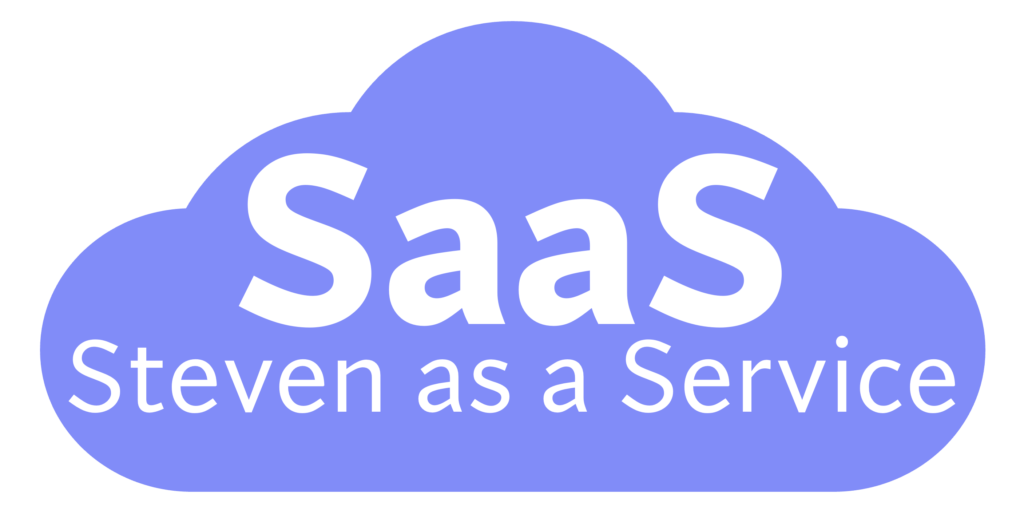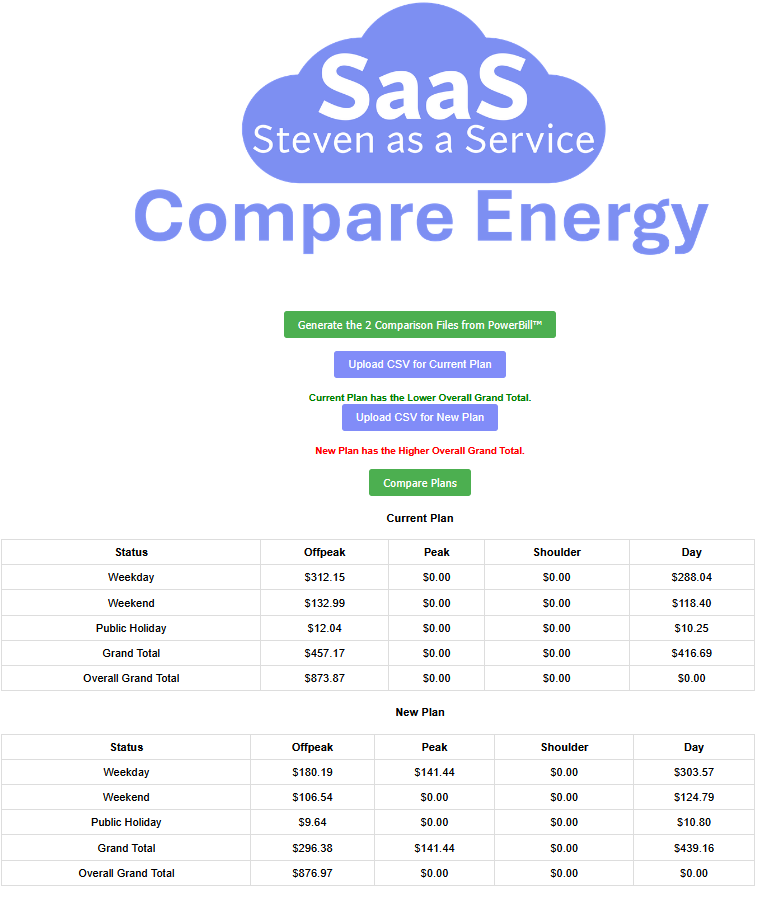Here’s why:
- Usage Patterns: Different plans may have varying rates depending on the time of day or the amount of energy consumed. If you choose a plan that offers lower rates during peak times but your usage is primarily during off-peak, you might not save money.
- Fixed vs. Variable Rates: Some energy plans have fixed rates while others are variable. Knowing your consumption can help you determine which type of plan suits your habits better.
- Fees and Charges: Some retailers may have additional fees or charges that can offset any savings from lower rates. Understanding your usage before you compare, helps you factor in these potential costs.
- Incentives and Discounts: Certain energy prices may include incentives for lower usage. If your consumption is high, you might not qualify for these discounts.
- Energy Efficiency: If you’re not aware of your consumption habits, you might miss opportunities to improve energy efficiency, which could lead to greater savings in the long run.
By understanding your energy consumption before you compare, you can make a more informed decision and choose a plan that aligns with your actual needs, ultimately leading to better power bill savings and make the most of the government energy rebates.
-
To Check, Before You Compare Log into your retailers customer portal, find the ‘usage data‘ or similar named link. Click it to download the data. If it is not being made available – ask the retailer or distributor to provide it to you. They are obliged to, by the regulations. You can also go back 2 years with this data. Run the data through the PowerBill™ (the app that will put an end to incorrect bills and the ONLY app that calculates your actual bill price).

